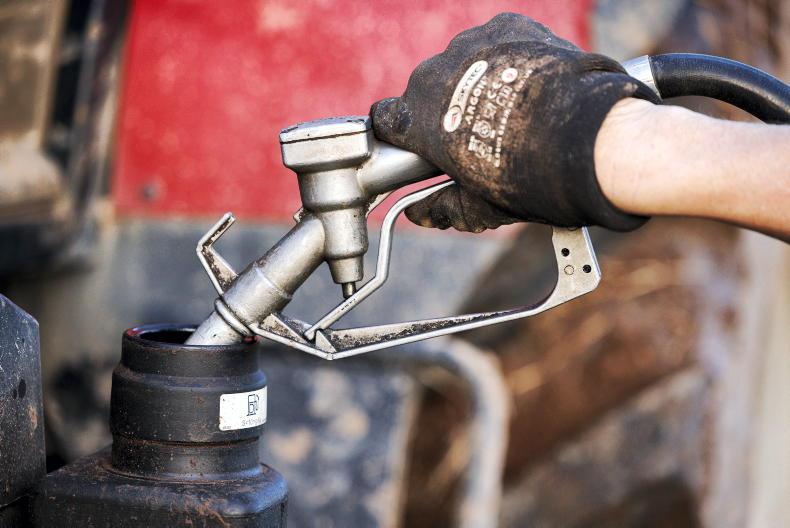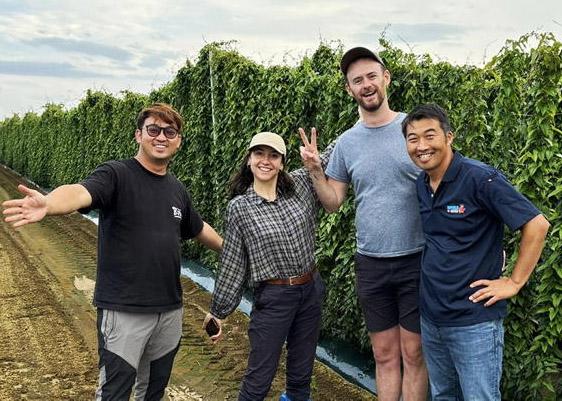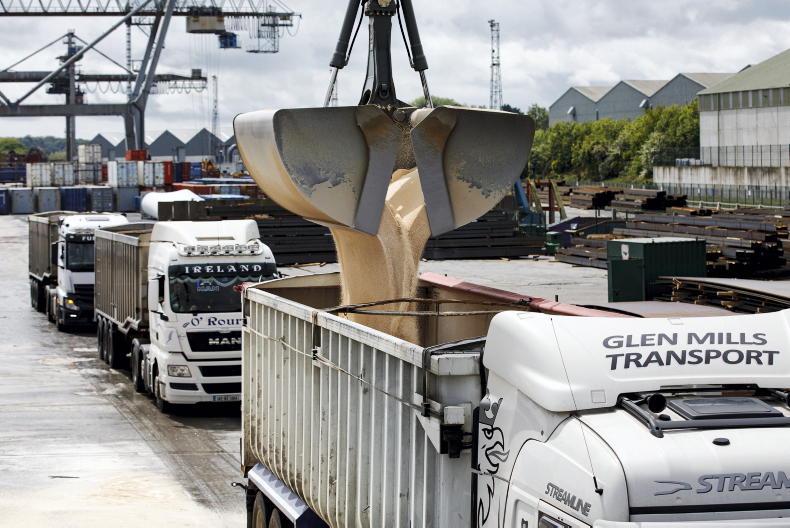Public authorities can use their bargaining power to buy fertiliser from the market at competitive prices before selling the product on to farmers at lower prices, the European Commission has stated.
The Commission released a communication document on the measures that have been taken or are still under consideration at EU level to ensure that fertiliser remains affordable and available to farmers.
The document suggests that State bodies could establish a bulk buying scheme to lower fertiliser costs for farmers, but these schemes would need approval under EU state aid rules and would be subject to aid thresholds.
These publicly-backed reselling schemes could be paired with a fertiliser distribution model that would allow all farmers “reasonable and non-discriminatory” access to product, the Commission said.
The document recognised that lower fertiliser usage in the short-term could have implications for global food security.
The EU’s fertiliser manufacturing sector operated at only 30% of its usual capacity in August of this year, when gas prices peaked.
Brussels suggested that an easing of prices has allowed some movement on output, even though capacity is still running at 50%.
Crisis funds
The Commission, along with member states, will look at the possibility of deploying €450m of crisis funds to farmers in 2023, through direct aid payments or market supports, to ease the fertiliser cost challenge facing farmers into next year.
About €492m of the €500m in this year’s agricultural crisis reserve has been drawn down by member states to help compensate farmers navigating spiralling input costs so far.
For member states with fertiliser manufacturing sectors, the Commission confirmed that it will allow authorities to to put measures in place that ensure fertiliser plants have continued and uninterrupted access to natural gas, in the event that gas is rationed this winter.
Member states have also been urged to make the best use of measures contained in their CAP strategic plans to increase nitrogen use efficiency and reduce farmers’ dependency on nutrients sourced from outside the farm gate.
Brussels stated that the fertiliser crisis presents an “opportunity to accelerate the transition” to more sustainable farming systems, but also recognised that fertiliser plays a "significant" role in maintaining food security.
Fertiliser trade and Russia
The document reiterated that the EU had “essentially exempted” the agri-food sector and fertilisers from sanctions targeting Russia, although it was noted that there are import quotas for some fertiliser products, as well as sanctions imposed on individuals.
As the EU depends on importing 30%, 68% and 85% of the N, P and K it needs each year, the Commission outlined the need to diversify the sources of fertiliser imports.
On the international stage, the EU has reached out to non-member states such as Oman, Turkmenistan and Qatar.
There is a “realistic prospect” that Egypt will replace Russia as the EU’s main source of fertiliser imports this year, the Commission said.
The Commission has also put a suspension of the 6.5% most favoured nation duty applied to urea and ammonia on the table, with the proposal currently being discussed by the council of ministers.
The tax is levied on these fertiliser materials imported from countries that Europe has not signed any free trade agreement on fertilisers with.










SHARING OPTIONS